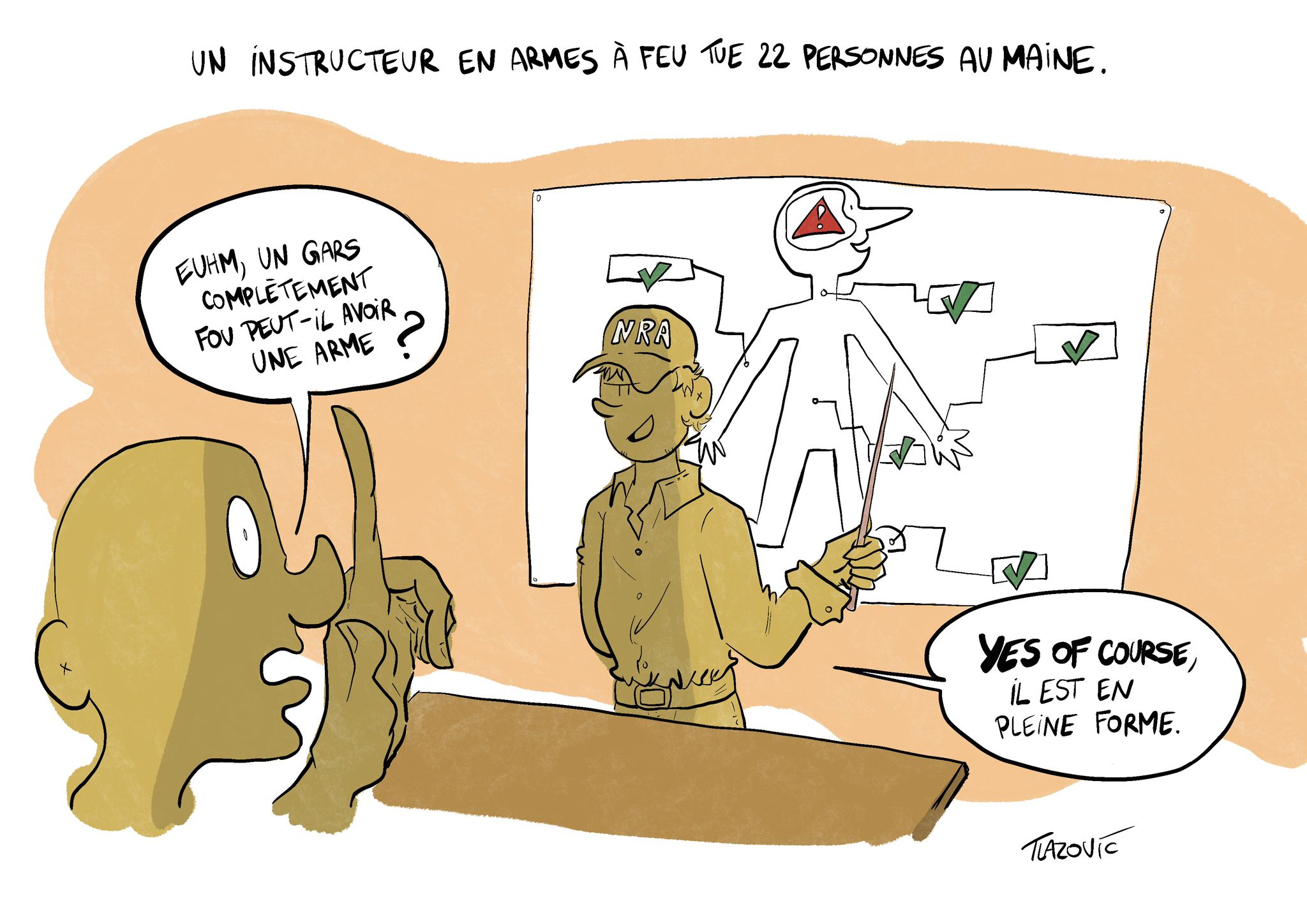To celebrate the 10-year jubilee of TOPO we take a step back from usual news coverage to reflect upon ourselves for a moment. 10 years ago, a group of young and enthusiastic students made the bold decision to found this new, independent, student-run media platform called TOPO. Since then TOPO has grown quite a bit and we, as current Topoists and hopefully also our readers, get to reap the benefits. We write and publish to our heart’s content, whatever topic comes to mind in a multitude of rubrics and even through various forms of media. This quite extraordinary freedom of choice and creativity gives us independence, however it also heightens our responsibility of reflection on what and why we chose to produce.
Student media might seem inconsequential to some, critics might call it childish, naïve role-play; not something to be taken seriously. And in some ways they might even be right. Student media is not like a professional newsroom or media outlet. It is indeed somewhat of a playground. But that is exactly why it is important.
The important potential of student media
At its best, an independent, student-run media outlet offers students a chance to experiment, for trial and error. It gives opportunity for creativity and learning in an environment of peers. Aspiring journalists get to take their first steps into the publishing world, experience writing from the inception of an idea to the multistage correction process, and build a portfolio of officially published articles. But even for students without the dream of a career in journalism, participating in student media production can teach them lessons they might not learn in their lectures. How to build an argument, how to write an interesting text, how to form and eloquently express opinions, how to work in a team and how to give and accept constructive criticism.
Moreover, beyond the writers themselves, what makes student media so potentially potent is that information is relayed to the reader in a less hierarchical manner. Ultimately, students write for students. There is no professional journalist with much more profound knowledge of the journalistic profession and access to sources educating the reader. Articles are written entirely by non-professionals, who have similar experiences to their readers, as well as similar topics of interest. This gives the potential for better connection between writer and reader and topics closer to the reader’s heart.
And finally, where student media truly has the potential to shine, is university politics. Student media can cover university politics and events closely and independently of the organizations involved. They get to bring the current debates on university matters to the forefront and thus help inform, educate and mobilize fellow students without having to compete against the professional media outlets. Through its immediacy of the events, the opportunity for real investigative journalistic work arises. A well-researched, well written article on university politics can create transparency and accountability from the parties involved.

TOPO and the future
Now, what about TOPO? Ten years is a long time, so it is important to review the achievements made and honour the work done by our predecessors, but we must also critically assess where we are headed and what the future may hold for TOPO.
In many ways, TOPO already lives up to its potential. Students, some of whom are aspiring journalists, are given a platform and experience, without having to apply for a (probably unpaid and exploitative) internship at a professional news outlet, where they might be constrained to only one rubric, predetermined topics and the increased workload that comes with a professional setting. Here at TOPO we are fuelled by passion, the writers, editors, and the assembly. Ultimately, this is the purest form of entry-level experience – giving all who are interested and passionate the opportunity to create without having prior work experience and offering them creative liberty in their writing. Through a strict editorial process with multiple back and forths, we acquire a string of transferable skills that may one day land those who wish their dream job, be it in journalism or elsewhere.
However, as pure as our intentions and as strong as our passion for the project, we must also be critical of how and what we produce. Topoists are free to write in any rubric they want and are not forced to take on any topic. This structure, while greatly appreciated for its culture of liberty and voluntarism, also has its issues. It makes platform-wide overarching cohesion – for example a stronger focus on university politics – very challenging. Long term goals of direction are difficult to implement. Thus, it also hinders TOPO in reaching its fullest potential as a student media platform, especially in the coverage of university matters. While there is a rubric dedicated to campus ongoings and there is a greater focus on university debates and events in the videos produced by TOPO TV, it seems to us that more could be done here.
For a start, more articles on campus news should be encouraged. In 2020 eight articles were published in the campus rubric, in 2021 the number dropped to only three. At the point of writing this, no article has been published in the campus rubric this year. [1] A potential way to increase articles in the campus rubric might be to require one article to be written for it at least every couple of months. This responsibility could be assigned in a rotating fashion to every Topoist, which would greatly reduce the workload on individual writers and might even encourage some to write more often, as the difficulty of selecting a topic is diminished.
Furthermore, participation in TOPO TV should be heightened, and the branch should be more closely integrated and made visible on the main TOPO Website. Not only is TOPO TV a way forward in new media production, but it also seems to have a strong focus on university events, with engaging, short form videos that could increase TOPO’s reach. [2] Stronger collaboration between TOPO Journal and TOPO TV, like videos being accompanied by corresponding articles, might help to increase cohesion and interest in TOPO TV.
Lastly, it might be of interest to consider asking all Topoists, in all rubrics, to add some reflection to their articles, as to how their topic impacts or relates to university life. This would not have to be the focus of the entire article, but could be an interesting paragraph added, that would distinguish TOPO articles from traditional news outlets and make them immediately relatable to our student readers.
Of course, this is not a conclusive list, and it will require collaboration and discussion to expand or even detract from the points highlighted in this article. In any case, looking out into the future, we hope to embrace the parts of TOPO that we all cherish, while continuously working to improve this platform, so that in another ten years from now, future writers can reap the benefits of our work and still passionately and proudly call themselves Topoists.





Laisser un commentaire
Vous devez vous connecter pour publier un commentaire.